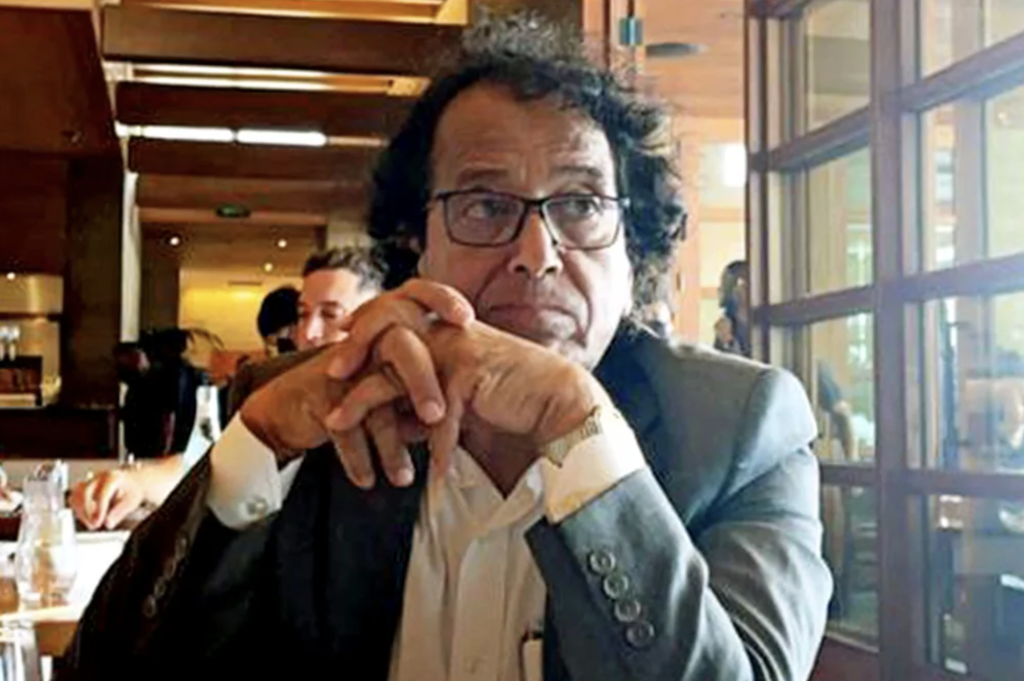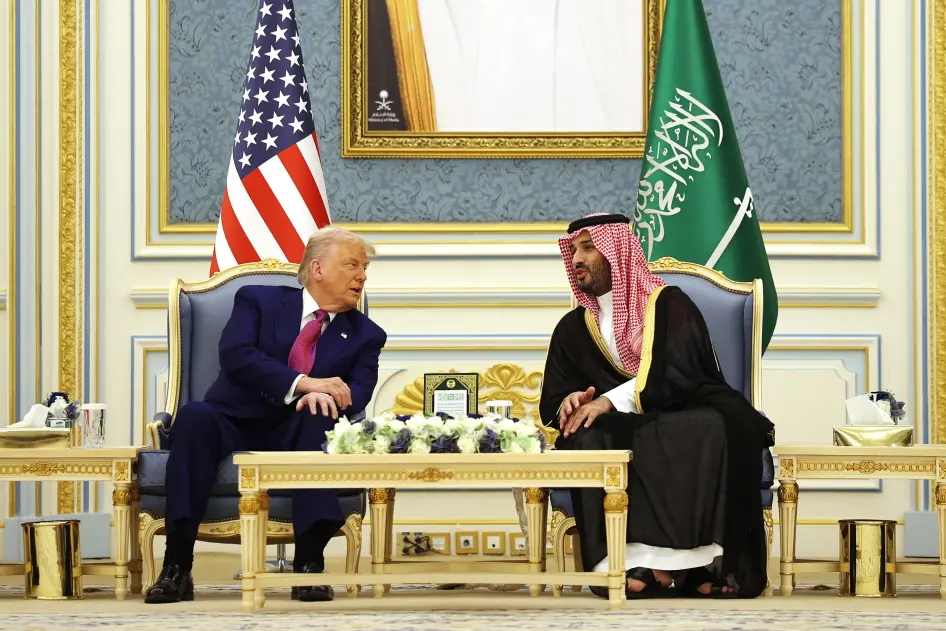The Middle East Democracy Center (MEDC) welcomes the recent releases of more than a dozen high-profile prisoners of conscience in Saudi Arabia, including several human rights defenders. While long overdue, the releases mark significant progress in the struggle against unjust detention in Saudi Arabia. We urge Saudi authorities to restore these released prisoners’ full freedom, including the freedom to travel, and release all others unjustly detained on politically motivated charges in the Kingdom.
On January 7, 2025, prominent Saudi human rights defenders Mohammed al-Qahtani and Essa al-Nukheifi were released from prison after 12 and nine years of unjust detention respectively, including more than two years of enforced disappearance each after the completion of their sentences. Just a few weeks earlier, journalist and academic Malik al-Ahmad, who had spent more than seven years in prison, was released. Then in early February, Salma al-Shehab, a PhD student at Leeds University in the United Kingdom whose shocking prison sentence of 34 years over tweets sparked widespread international condemnation, was also released.
These positive steps were accompanied by the releases of other prominent activists, media influencers, and prisoners of conscience including Asaad al-Ghamdi, Mansour al-Raqiba, Hatem al-Najjar, Ahmed al-Budaiwi, Zeinab al-Rabea, Mohammed al-Khudairi, Jamil Farsi, Abdullah al-Maliki, Fahad al-Sunaidi, and Abdulaziz Alaoudh.
“The release of Mohammed al-Qahtani, Salma al-Shehab, and many others, after years of unjust imprisonment, enforced disappearance, and solitary confinement, is welcome relief, but their releases are not enough,” said MEDC’s Director of Countering Authoritarianism Abdullah Alaoudh. “If Saudi authorities are serious about improving human rights, they should restore their full rights, including by lifting punitive travel bans, release all others who remain unjustly detained in Saudi Arabia and stop arbitrarily detaining people.”
Despite these recent releases, Saudi authorities continue to unjustly detain human rights activists, dissidents, scholars, and others, sentencing many to lengthy prison sentences for exercising their right to freedom of expression or for other politically motivated charges. Some of those who remain unjustly detained include:
Abdulrahman al-Sadhan, a Saudi humanitarian aid worker and family member of U.S. citizens, was arrested in March 2018 over satirical tweets, forcibly disappeared, and severely tortured. In 2021, he was sentenced to 20 years in prison followed by a 20-year travel ban in a secret sham trial. Since 2021, his family has been denied all contact with him.
Salman al-Odah, a prominent Saudi reformist Islamic scholar, was arrested in September 2017 for a tweet in which he called for reconciliation between several Arab states and Qatar. Al-Odah was held incommunicado during the first five months of his imprisonment. He remains in solitary confinement and has been denied adequate healthcare in prison, causing his health to dramatically deteriorate including losing nearly all vision in one eye.
Manahel al-Otaibi, a 30-year-old fitness instructor, was sentenced in January 2024 to 11 years in prison by a Saudi terrorism court for her promotion of women’s rights online. While detained, she has been subjected to enforced disappearance, torture and other ill treatment. She suffers from multiple sclerosis, which has worsened due to medical neglect and torture in prison.
Sarah and Omar al-Jabri, the children of former Saudi intelligence official Saad al-Jabri, were arrested and sentenced to prison in an effort to force their father to return to Saudi Arabia. Saudi authorities brought charges against the two siblings shortly after their father sued Saudi Crown Prince Mohammed bin Salman (MBS) in a U.S. Federal Court, alleging MBS had sent a hit squad to murder him in Canada in 2018. Following their arrest and during their trials, Sarah and Omar were held incommunicado and denied access to their lawyer and family.
Lina al-Sharif, a Saudi medical doctor, was arrested in May 2021 from her home in Riyadh and forcibly disappeared for two months. Prior to her arrest, she had been active on social media, posting about politics and advocating for human rights. In July 2021, the United Nations Working Group on Enforced or Involuntary Disappearances sent a communication to Saudi authorities, leading them to reveal that she was being held on terrorism charges but provided no further information.
Mohammed al-Rabiah, who is known for his support for women’s rights and opposition to the male guardianship system, was arrested in May 2018 amid a government crackdown on women’s rights activists. Al-Rabiah was subjected to torture, including electrocution, waterboarding, confinement to inhumanely small spaces, and starvation. He was initially sentenced in 2021 to six years in prison before the sentence was increased to 17 years in prison.
Turki al-Jasser, a Saudi writer and journalist, was detained in March 2018 over his writings and reports critical of the Saudi government. He was forcibly disappeared for two years until he was allowed a phone call in February 2020. Since 2021, there has been no information about al-Jasser’s whereabouts or condition.


